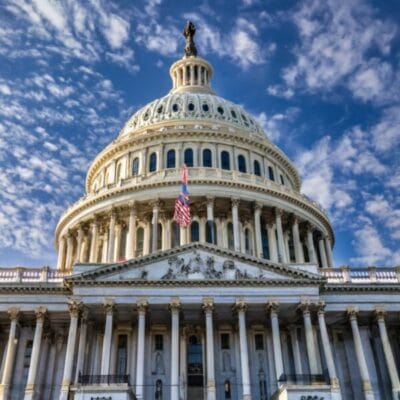Introduction: The Critical Importance of the U.S. Census
The decennial U.S. Census plays a pivotal role in shaping the contours of political power and representation in the United States. Every 10 years, the Census Bureau meticulously counts the nation’s population, providing a comprehensive snapshot of the country’s demographics. This data serves as the foundation for apportioning seats in the U.S. House of Representatives, redrawing electoral districts, and allocating federal funding to states and localities.
The Census and the Allocation of Political Power
The Census directly impacts the distribution of political power among states. The Constitution requires that each state be allocated at least one seat in the House of Representatives, with additional seats apportioned based on population. The number of seats assigned to each state is determined by dividing its population by a constant divisor known as the "apportionment divisor." This process ensures that states with larger populations have greater representation in Congress.
Consequently, changes in population distribution revealed by the Census can lead to shifts in political power. For example, the Sun Belt states have experienced significant population growth in recent decades, resulting in increased representation in the House. This demographic shift has had a corresponding impact on the balance of power in Congress, as states with declining populations, such as in the Rust Belt, have seen their representation diminish.
Census Data: A Key Determinant of Representation
Beyond shaping representation in the House, Census data also serves as a critical determinant of electoral district boundaries. After each Census, state legislatures are tasked with redrawing electoral districts for both state and federal elections. This process, known as redistricting, is highly political, as parties seek to draw district lines that maximize their electoral advantage.
Census data provides the basis for creating districts that are roughly equal in population. However, the flexibility inherent in districting allows parties to manipulate district boundaries to create "safe" seats for their candidates or to dilute the voting power of certain population groups. This can have significant implications for the representation of minority communities and the overall fairness of elections.
Summary: The Enduring Impact of the Census
The U.S. Census is a vital tool for ensuring equitable political representation and allocating resources fairly among states and localities. The data collected through the Census has profound consequences for the balance of power in Congress, the redrawing of electoral districts, and the distribution of federal funding. It is crucial that the Census be conducted accurately and impartially to safeguard the integrity of our democratic system and ensure that every citizen has an equal voice in shaping their government.



